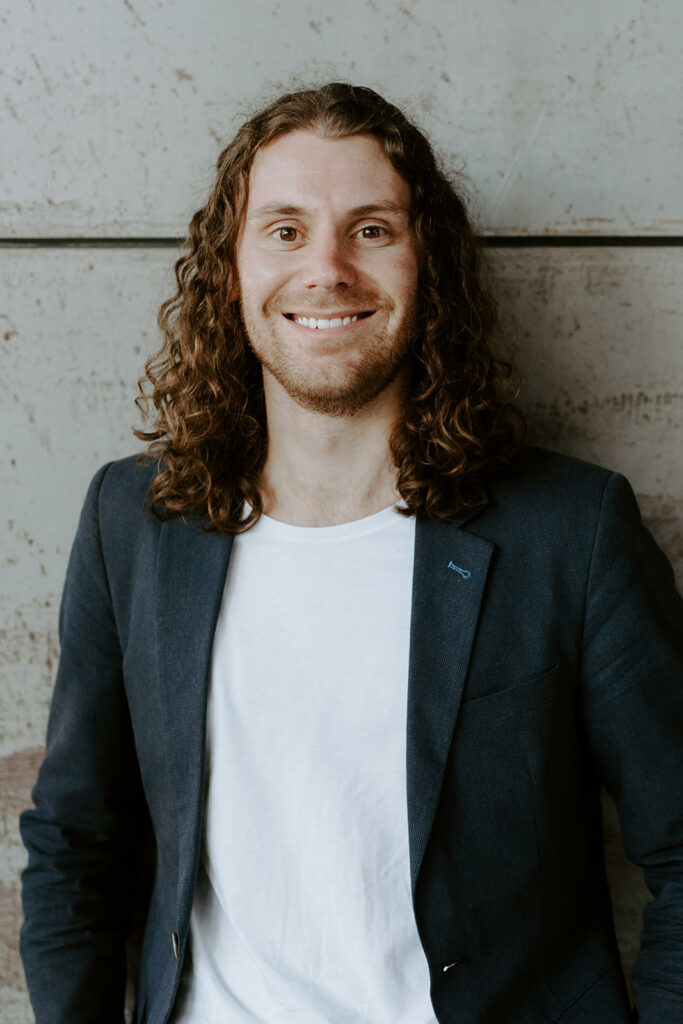The following article contains advice that is general in nature and does not constitute legal advice.
A few weeks after her engagement to Magistrate Rodney Higgins, Ashleigh Petrie (23) died in a tragic car accident. Like many young people, Petrie lacked legal protections put in place prior to her death, so when the question arose of who would inherit her $180,000 superannuation death benefit, Higgins argued that as her fiance, he was solely entitled to the benefit, regardless of who it was intended for.
Even though the benefit had been bequeathed to Petrie’s struggling mother, Petrie’s superfund agreed with Higgins’ argument, finding that as her fiance, he was her de facto partner and therefore her “dependant”. Higgins, who earns $324,000 a year as a magistrate in Bendigo, successfully claimed the entirety of the $180,000 superannuation death benefit. This stark scenario emphasises the importance of seeking advice about estate planning—even at a young age.
To address this, Jonathon Naef, Co-Founder of Balance Family Law, sat down to answer our many questions about estate planning for young women. Balance Family Law is a Canberra-based practice that is working to both humanise and simplify legal consultation. They offer fixed-fee advice on family matters as part of their vision to move away from the typical “billable hours and budget targets”. The practice started in 2019, primarily offering services in amicable separation, and has since expanded to include estate planning services such as will preparation, drafting power of attorney and guardianship documents, superannuation advice and the succession arrangements for companies and trust structures.

“Your estate is everything that you own in your name, at the time of your death” says Jono. However, where it gets complicated is that “your estate does not automatically include your superannuation or life insurance, it doesn’t include assets that are owned by companies or trusts, and it doesn’t include assets that are owned jointly with other people, unless it’s owned in a specific way”.
Estate planning encompasses what happens when you pass away or if a situation means that you’re not able to make decisions for yourself anymore. Who do you wish to step into that role and make those decisions for you, both financially and medically?
As feminists at the CBR Gals Network, one of our goals is for women to achieve financial self-actualisation, and to do that involves an understanding of both your financial and legal situations within the context of your life. As women, we must understand our unique personal situations so that we can feel enabled to make better decisions, especially when it comes to infrequent and more complex topics such as estate planning.

However, young women tend to skimp on estate planning because they have formed assumptions about estate planning that aren’t true. Jono has taken those assumptions and set the record straight.
Common misconceptions about estate planning:
1. “I don’t own enough to need estate planning”.
“Just because you think you might not have much, that’s not necessarily the case” says Jono. “Specifically, when we’re talking about superannuation, lots of superannuation plans automatically come with life insurance attached to it, and that life insurance can, depending on the fund, be worth a couple hundred thousand dollars.”
Many people total up their assets and assume their estates are worth only tens of thousands of dollars. “But if you’ve got life insurance attached to your super, that could bring your estate to be worth up to 250, or 300 thousand dollars”. In order to determine the exact value of your estate, you’d want to talk to a professional.
2. “Having a will doesn’t matter for me, I’ll be dead, my family will just deal with it then.”
While a grim question, this is the mind set for most young people who have not planned their estates. To this, Jono asks, “Do you really want to leave your family in that position? They’re grieving because you’re no longer with them, and now, because you haven’t made a will, they have to go through the court to determine who’s entitled to what and how things are going to be distributed. Litigation can cost tens to hundreds of thousands of dollars. So what you may have been able to leave to people is suddenly gone, because it’s all gone to lawyers to help people fight over it.” Ultimately, putting a will and estate plan in place saves your family from unnecessary stress and financial burdens.
3. “Even if I don’t plan my estate, there are laws that will handle it for me.”
While intestacy laws are there if you pass and don’t have an estate plan, intestacy laws are general, and they may not be the most appropriate or align with what your wishes are. “If you die without a will, and if you’ve got a partner, they may be entitled to your entire estate. If you’ve also got children, then it will be split between them and your partner.”
“Sometimes that works for people and sometimes it doesn’t—also it might not be the most appropriate way to structure your partner or children receiving your estate if the intestacy laws align with what you want to happen, to make sure it can be retained and utilised in the best way to benefit your family.”
4. What if my assets change over the course of my life?
“Wills can specifically deal with assets, or you can have your will deal with your estate generally—so, if it is specific and you leave what we call a ‘specific gift’ to someone, then your will would need to be updated if something happens to the gift in the meantime.”
“When putting together a will, you don’t have to deal with specific assets, you can deal with your whole estate, by saving, for example: ‘I give my estate to Edith’, or ‘I give my estate 50% to Edith and 50% to Rosalie’. Then, it doesn’t matter what you own at the time of your death, whatever it is will be pooled and split between them equally. Whereas, if you decide to leave your Mazda to Edith but you sold the Mazda and purchased a Tesla. The law does not presume that the Tesla should be substituted for the Mazda.”
Jono recommends that with specific questions such as these, it’s a great idea to work with a professional, because they know which questions to ask and how to structure things, so that your intentions are met.
5. "Since I’m young, will I have to update my will often or can it be a 'set and forget' thing?"
“An estate plan isn’t a ‘set and forget’ thing. It should, however, be reviewed maybe every year or two and after major life events. And this review doesn’t have to be with a lawyer”. The purpose of reviewing your estate plan is to determine if the arrangements that have been documented are still appropriate—you still want a particular person to receive your assets and/or make decisions on your behalf. During this process, you may not need to update your plan at all, especially if your documents have been prepared to stand the test of time.
So, how can a 20-something get started in estate planning?
1. Get on top of understanding your situation.
Jono emphasises the importance of understanding your legal and financial situation, especially if you own a business or real estate. This is because often, people are unaware of how they own real estate (i.e. whether it is through a “tenants-in-common” structure, or as “joint tenants”, which can impact how, or if, your share can be distributed).
2. Ask questions.
“If you don’t think that you know enough about your situation, talk to people. Talk to your parents about it, if you’re comfortable doing so, because your parents probably had the same questions at your age. Or if you’re not comfortable talking to your friends/family, just reach out to professionals to ask questions. For the most part, if you reach out to someone to say ‘I’ve got some questions, what does this mean? I don’t know how this would work’, a lot of the time professionals are happy to have those initial discussions at nominal or no cost”.
3. Consider the best and worst-case scenarios.
“Have a think about what you want to happen to your estate, if the worst were to happen and you were to die tomorrow. What’s your ideal, and what’s your worst case?” Jono says that if you have a clear idea of that, you can work with a professional to put the best plan in place to make sure your intentions and wishes are met.
Professionals are there to help identify these issues and structure your estate to make it as difficult as possible for your worst case scenario to occur.
If you would like to learn more about estate planning, check out Balance Family Law social media, the MoneySmart website, the ATO website, and any documents available to you by your superannuation fund.
Want more information? Reach out to a professional, because their job is to assist and they can tailor advice to your specific needs.
KRISHAA TULSIANI
is the Operations Officer at the CBR Gals Network. She is a regular contributor to the Network’s blog.


